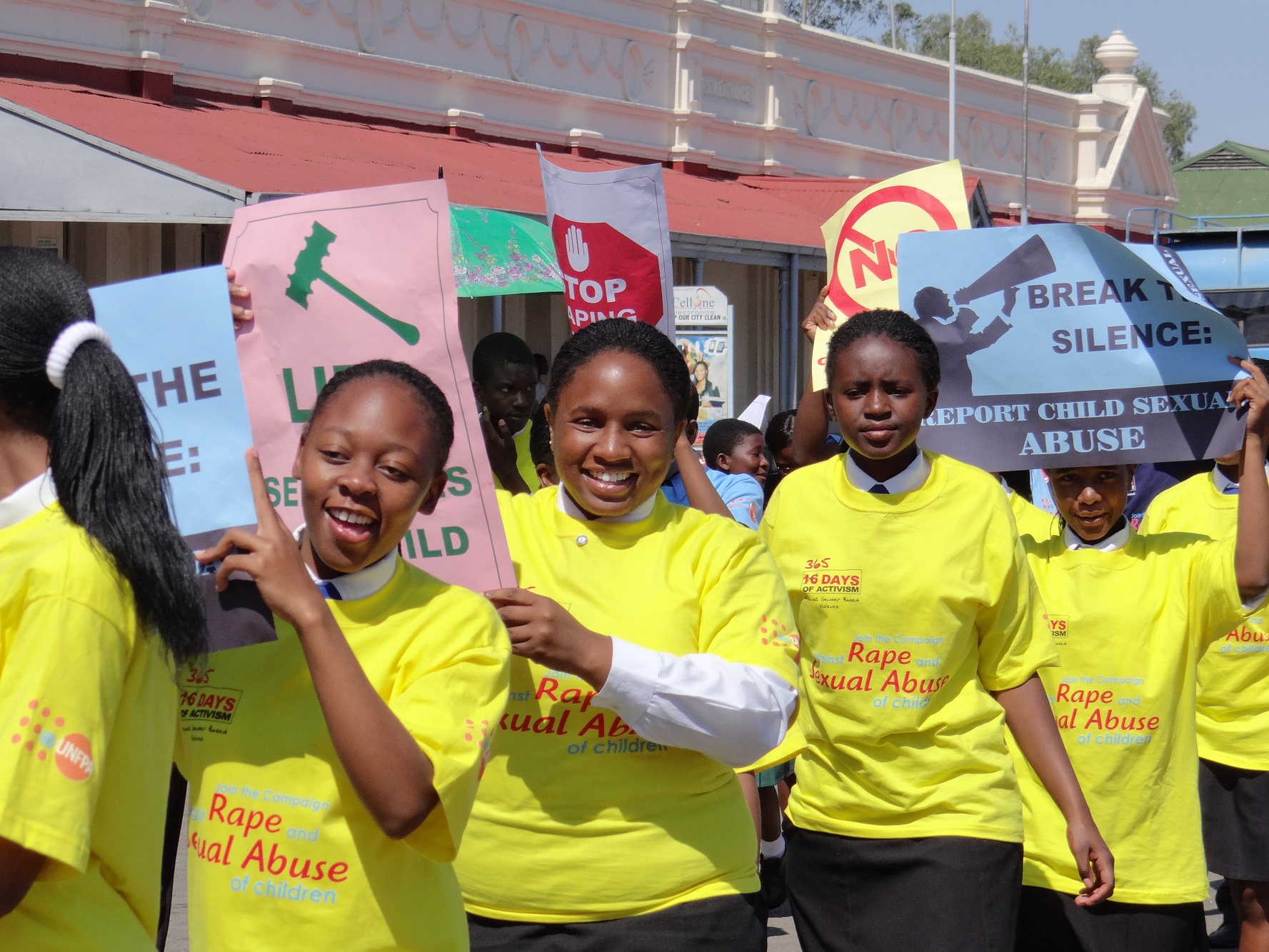By Ms. Maria Ribeiro
Today marks the 72 nd anniversary of the Universal Declaration of Human Rights the global roadmap for protecting the social, economic, political and cultural rights of every individual.
2020 has been a difficult year for the world, and for Zimbabwe. The devastating impacts of COVID-19 pandemic have been felt by every country.
That is why the theme for this year is: “Recover Better: Stand Up for Human Rights.
It focuses on the need to build back better by using human rights and the Universal Declaration for Human Rights as the roadmap for the recovery efforts.
Although COVID-19 is a public health issue, the measures designed to halt the spread often have adversely impacted the whole spectrum of human rights – civil, political, economic and social rights.
And very often, it is the people who are already vulnerable that are most affected.
The pandemic has also eroded the hard-won achievements on gender equality.
The negative impact of the pandemic range from the heightened risk of gender-based violence; unmet needs for sexual and reproductive health rights to loss of jobs, livelihoods, access to education and increased burden of unpaid care work.
For example, we know that due to school closures, 4.6 million learners in Zimbabwe could not enjoy their right to education. Service delivery has been impacted and many – especially in the informal economy – have found it hard to make ends meet.
The UN has worked with the Government and partners to address not only the immediate public health challenges, but also to support innovative ways to mitigate against the secondary impacts of the pandemic.
Support provided includes access to learning through online and radio lessons, support to delivery of health services, water and sanitation, food, nutrition and psychosocial and protection services.
The UN has also supported partners to ensure access to services for women and girls affected by gender-based violence and for women to access safe market spaces to continue their livelihoods.
The pandemic is a human tragedy, but at the same time it presents us with an opportunity we cannot miss – an opportunity to make human societies more equal as envisioned in the Universal Declaration of Human Rights. To build back better and more inclusively.
Efforts to address and recover from the impact of COVID-19 will be sustainable only if they simultaneously address inequalities through advancing universal social protection, including universal health coverage, and protect the environment for current and future generations.
That is why, going forward, as the UN Secretary-General said, people and their rights must be front and centre of the response and recovery from the COVID-19 pandemic.

